Motor oils are integral to vehicle engines, serving as lubricants, heat absorbers, and protective shields against corrosion and wear. The 5W20 and 5W30, both popular types of motor oils, possess unique characteristics that cater to specific engine types and weather conditions. Understanding the differences and similarities between these two oils helps make informed decisions regarding the most suitable oil for your vehicle.
Motor oils are also known as engine lubricants, as their main job is to provide softness to motor engines. These oils are chemically formulated with multiple substances, such as base oils rich with additional elements, particularly antiwear additives, detergents, dispersants, and different grade oils for viscosity index.
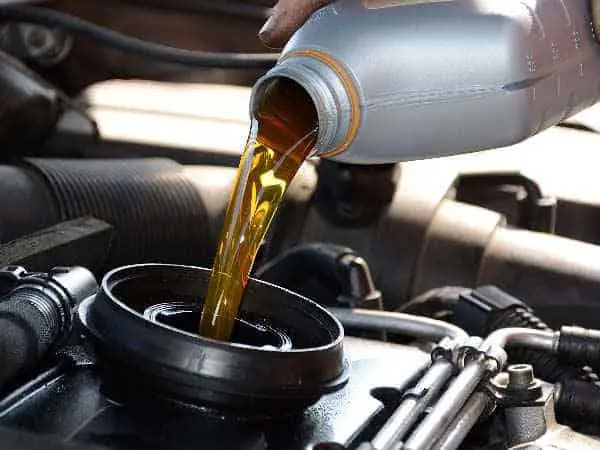
You can read our article Can I Use 0w-20 Instead of 5w-20 with a similar topic and Can I Use 10w-30 Instead of 5w-30?
Additionally, check Can You Mix 5w-20 and 5w-30?
Is putting 5w20 instead of 5w30 an intelligent idea?
Can I use 5w20 instead of 5w30?
Using 5W-20 instead of 5W-30 is not recommended because 5W-30 has a higher viscosity, while 5W-20 is light and best for newer engines. In addition, using a thinner oil like 5W-20 instead of 5W-30 may impact the engine’s performance if you live in high temperatures or engage in heavy-duty driving activities.
Thicker oils provide better engine protection under high-stress conditions like towing or sustained high speeds.
So, if you accidentally put 5w20 oil, this one-time mistake can not drastically harm your engine. Theoretically, you can use 5w20 or 5w30 oil without hurting your car’s engine if you don’t drive in more than 120F heat or less than -30F cold.
You can sometimes use 5w20 instead of 5w30 because 5w30 motor oil suits hotter climates where thinner oils tend to break down under high temperatures.
Let us see the oil type based on temperature:
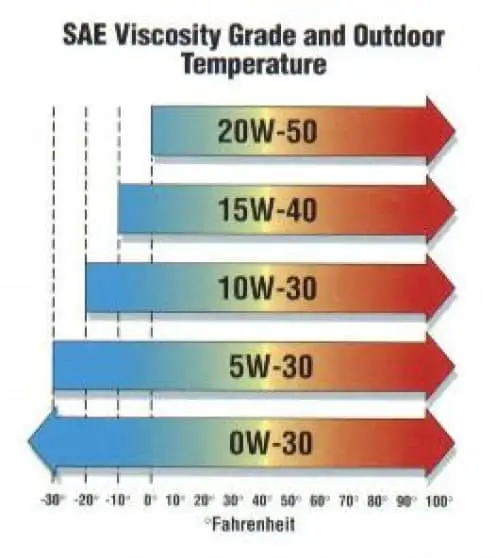
Before delving into the specifics of 5W20 and 5W30 oils, it’s crucial to understand what the oil grading system means. The Society of Automotive Engineers (SAE) defines oil viscosity or thickness using this system. An oil grade, like 5W20 or 5W30, consists of two parts. The number preceding the ‘W’ (‘Winter’) represents the oil’s viscosity at low temperatures. The lower this number, the thinner the oil at cold temperatures. The number following the ‘W’ indicates the oil’s viscosity at high temperatures. The higher this number, the thicker the oil when heated.
Or, in more detail, see this chart:
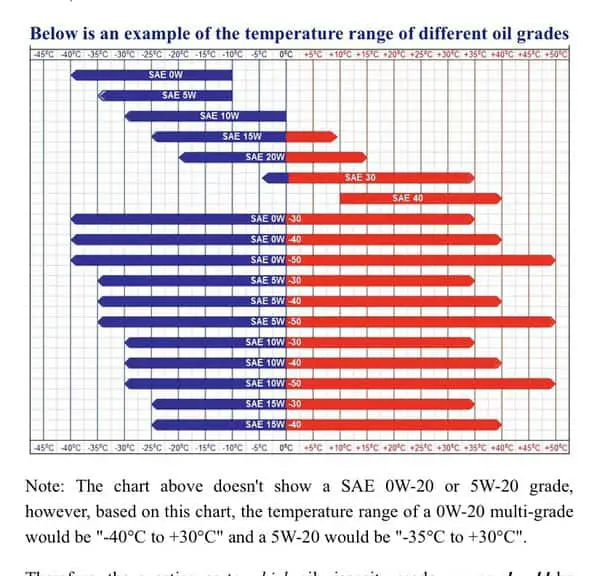
Let us know the superficial differences between 5w20 and 5w30.
5w20 vs. 5w30:
- 5w20 is thinner engine oil (lower viscosity) than 5w30 (higher viscosity).
- 5w20 flows quickly with less friction while 5w30 flows slower with more friction
- 5w20 enables the engine to start rapidly in colder climates, while the 5w30 engine starts slowly.
- 5w20 breaks down quickly in hotter climates, while 5w30 is better in a hot climate and gives protection because of higher viscosity.
- 5w20 provides greater fuel efficiency in colder conditions, while 5w30 is less fuel efficient in colder climates.
- 5w20 is better engine oil for winter, while 5w30 is preferable in summer or hotter conditions.
- 5w20 is preferable for new cars, while 5w30 is for old vehicles.
- Both engine oils have the same “5” viscosity rating during winter.
The main difference between 5W20 and 5W30 motor oils is their high-temperature viscosity ratings. The 5W30 oil is thicker, offering better engine protection in hot climates or heavy-duty applications. In contrast, 5W20 oil is thinner at high temperatures, reducing internal engine friction and potentially enhancing fuel economy.
Both oils have the same viscosity rating of 5 in cold conditions, ensuring effective performance during winter. This means they can flow quickly and easily through the engine when it’s cold, protecting the components from wear and tear during start-up.
Deciding Between 5W20 and 5W30
When choosing between 5W20 and 5W30, vehicle owners should consider the manufacturer’s recommendation, the engine’s condition, the environmental temperature, and the driving conditions. For example, if the manufacturer recommends 5W20 for optimal fuel economy and the vehicle operates under normal driving conditions, this would likely be the best choice. Conversely, if the vehicle is regularly subjected to heavy loads or operates in a hot climate, the 5W30 oil’s additional high-temperature protection might be more advantageous.
Various motor oil products are manufactured with different properties and chemicals. The most common type of engine oil is 5W20 and 5W30.
The Society of Automotive Engineers has classified and labeled other motor oils based on their viscosity property and are labeled from 0, 5, 10, and 15 to 60. Viscosity is the time the liquid takes to travel and reach its destination.
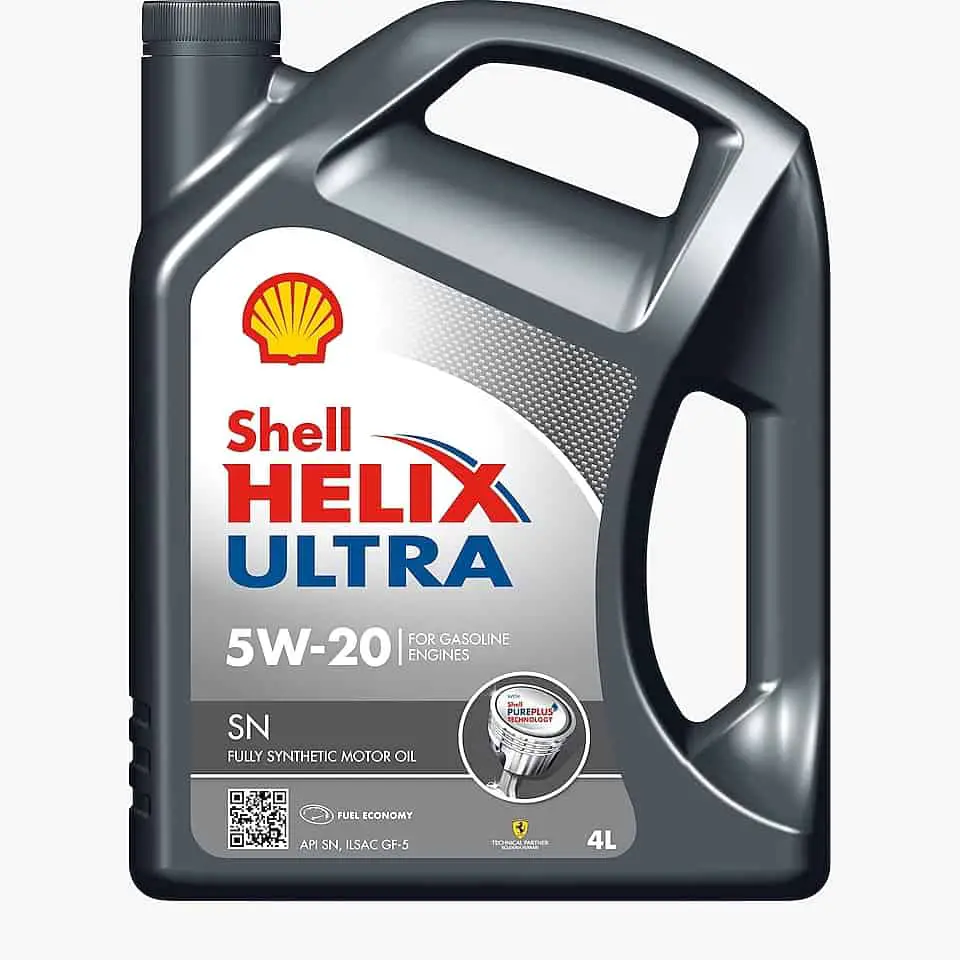
Exploring 5W20 Motor Oil
5W20 motor oil is designed to flow smoothly at cold and hot temperatures. The ‘5W’ signifies that the oil has a viscosity rating 5 at cold temperatures, allowing it to perform well in winter conditions. The ’20’ indicates that when the oil is hot, it maintains a viscosity equivalent to a straight 20-grade oil. This makes it a thinner oil at operating temperatures compared to a 30-grade oil, providing less resistance within the engine, which could lead to improved fuel economy.
The 5W30 motor oil works well in cold and warm temperatures like the 5W20. The cold-weather viscosity rating of 5 ensures optimal performance during winter, while the hot-weather viscosity rating of 30 provides a thicker oil layer at high temperatures. This thickness provides better overall protection for the engine, particularly in hot conditions or under heavy load conditions, at the expense of a slight reduction in fuel efficiency compared to 20-grade oils.
These oils are sometimes used interchangeably; however, there is a significant disparity between the chemical and physical properties; therefore, it is imperative to understand their internal structure before using them as lubricants. The main difference is observed through the viscosity concept, which, in simpler words, is the thickness of the liquid. If the viscosities of these oils are understood, they can be used in various conditions. For example, 5W20 is most commonly used during winter or colder climates. Therefore, the number present before W highlights the oil’s viscosity in winter, whereas 20 highlights 20-weight oil in warmer conditions.
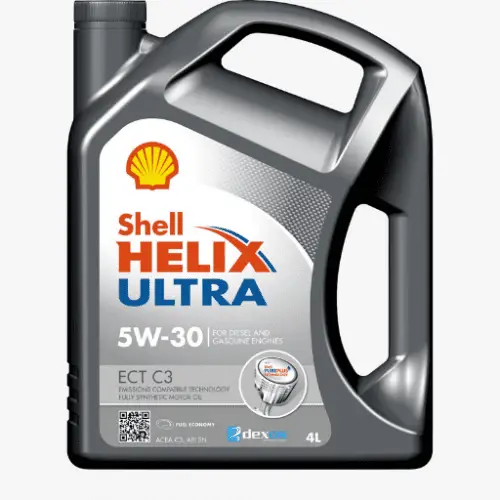
Conclusion
5W20 and 5W30 motor oils offer distinct advantages depending on the engine type, driving conditions, and climate. The key to the right choice lies in understanding the needs of your vehicle and its operating conditions. Always remember that maintaining regular oil changes using the correct type and grade of oil is one of the most effective ways to prolong the life of your vehicle’s engine.
